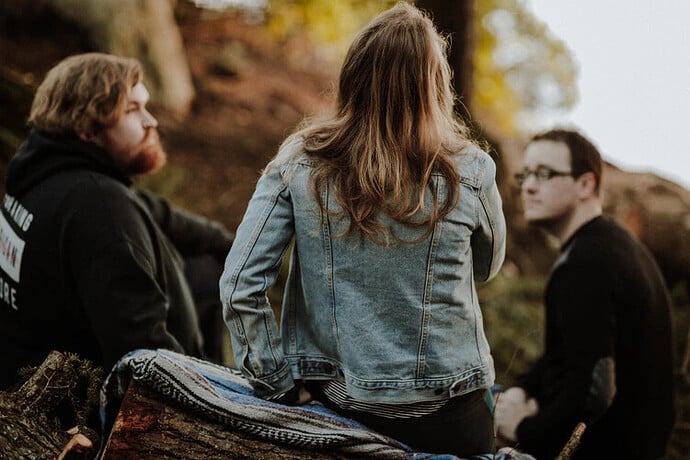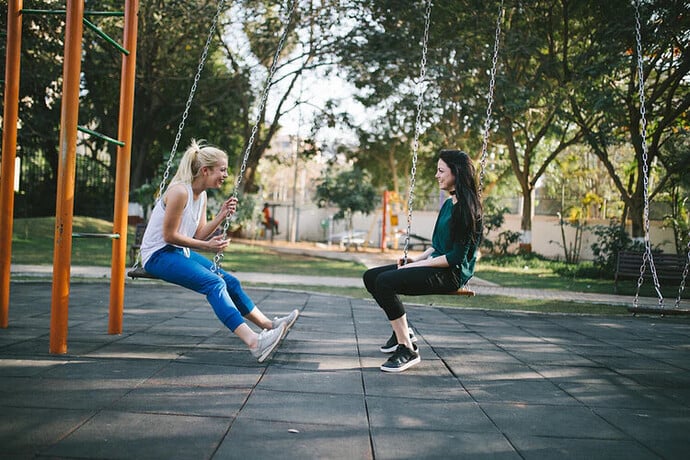Whether you’ve gotten a promotion, a new job, or just need to make a change, moving to a new city can be overwhelming. He has been expelled from his social circle, separated from his former colleagues and accused of building a network of personal support and professional development.
Working adults have a hard time making new friends. Many of us have built our ties organically over time: we have met people at school or at work, through joint activities, and through friends through friends. We didn’t have to work very hard to make connections. But in the new city we have to act consciously.
Even if it requires work, there is no reason for it to take long. By understanding how networks work, most of us can build at least one new base network much faster than the old one.
Here are some ways to get started:
Rediscover weak or sleeping groups. As we go through life, relationships fade out of sight. Perhaps you still lived in the same city, but your friends and former colleagues did not. When looking for a new destination, consider weak (acquaintances) and latent (old friends or colleagues) connections in your existing social circle. Check out your social media channels and alumni databases from your school or previous employers. You may already know someone who lives in your new city. With this knowledge, you will have the opportunity to contact them prior to the move and advise them of your arrival date.
Seek help from existing friends and colleagues. It may seem obvious, but many of us only turn to our closest friends when we need help making new connections. To get the most out of your current network, be sure to use a wide network. One of the most important questions to ask yourself is, “Who do you know at ______?” In this case, the white space is your new city, but it could also be an industry, business, or something you want to explore. Before you move, take the time to ask lots of friends and colleagues if they know someone worth meeting in your new city. Most people will be able to make up several names. Even if each person can only think of one thing, you will still get a good list of potential contacts.
Look for general activities. Once you’ve landed in your new city, it can be tempting to seek out meetings, networking events, and the like. But research shows that meetings to meet new people often fail. Participants often spend time talking to people they already know or people similar to them. The best alternative is to participate in “collaborative activities”, an event where there is a greater purpose and mutual dependence is required to achieve it. You are much more likely to make new and different contacts at events that will give you an excuse to meet the person next to you. So how do you find a joint event? They come in all shapes and sizes, from community services to classes and amateur sports leagues. Choose what suits you best.
Don’t stop connecting. When you start networking in your new city, don’t ignore others. Too often when we meet new people in a professional context, both parties struggle to find a way to help each other now. But if you go back and think about the variety of contacts you already have (even weak or inactive connections from home), you can often identify someone who will be a valuable link to your new acquaintance, or vice versa. So when you meet new people, stop thinking about what they can do for each other and start wondering who you can introduce yourself to. You never know when you have a connection that benefits someone else.
Get to know the person as a whole. If you practice the above, you will likely meet a lot of new people. That said, resist the urge to focus the conversation on just one item. Don’t just talk about your job, family, or hobby. Instead, look for similarities in different areas of your life. By doing this, you can build what network researchers call a “multiplex” link - a link with multiple contexts. This type of connection not only helps you get to know the other person better, but it also gives you more reasons to stay connected.
These are just a few steps you can take to build a network in your new city, and it’s certainly not the only thing you’ll do when you land. But if you use them to practice and stay consistent, you can list connections that will compete with your old one.











